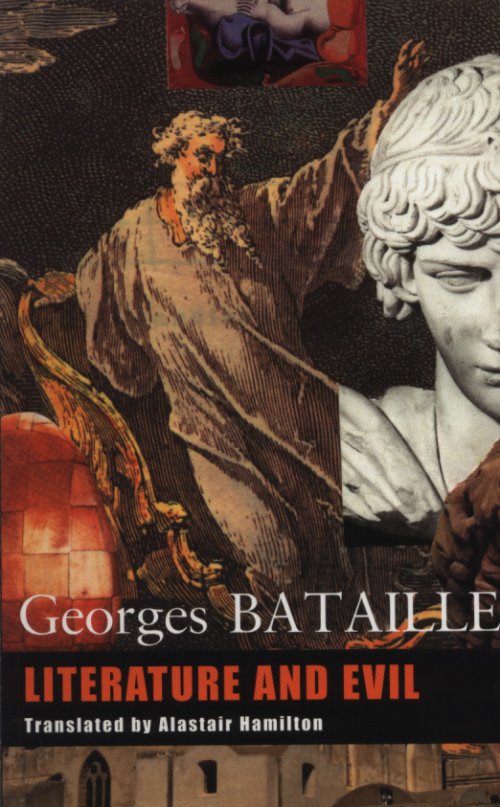
Writing Degree Zero
Book Description
Words hold power, but what happens when that power fades? In "Writing Degree Zero," Roland Barthes confronts the art of writing itself, unearthing its hidden code and revealing a world where meaning teeters on the edge of chaos. With a sharp critique of literary conventions, Barthes strips language bare, exploring how the weight of ideology can distort expression. As the boundaries between art and truth blur, he challenges the very essence of literature. Can writing transcend its limitations, or is it forever shackled to the conventions that bind it? The answer could reshape everything we think we know about words.
Quick Book Summary
In "Writing Degree Zero," Roland Barthes delivers a penetrating analysis of the nature of writing and its entanglement with ideology, history, and society. Challenging the assumption that literature is simply an art of personal expression, Barthes investigates how literary language is coded, shaped by its time, and always carrying the invisible weight of social conventions and expectations. He explores the evolution from classical styles to modern writing, focusing on the possibilities for a "degree zero" of writing—a neutral, impersonal form stripped of ideology and affect. His critique lays bare the myth of pure originality, arguing that all writing is inevitably mediated by form and context. Ultimately, Barthes prompts readers to question whether truly neutral writing is possible, and how our understanding of literature might be reshaped when freed from traditional constraints.
Summary of Key Ideas
Table of Contents
Writing as Social Code and Convention
Barthes begins by dissecting the notion that writing, far from being a transparent vessel for thought, is deeply entwined with social codes and historical conventions. He distinguishes between language, style, and writing, asserting that while language is a collective structure and style is an individual’s expressive trait, writing itself emerges from a historical choice—a form of engagement with the society and period. Each era, he suggests, imposes its own possibilities and restrictions on what writing can be, turning it into a social act saturated with meaning, not purely a matter of personal choice.
The Burden of History and Ideology on Literature
Exploring the impact of ideology, Barthes argues that literary forms and genres inevitably bear the imprint of the dominant societal values. Writing becomes complicit in reproducing or resisting these forces, even as individual authors attempt innovation or rebellion. He critiques how established literary conventions often serve to reinforce existing power structures, rather than liberating expression. Literature, then, is never truly neutral; it is a site of ideological struggle where meaning is negotiated and contested between writer, tradition, and society.
The Quest for Neutral or Transparent Writing
Barthes’s central preoccupation is the possibility (or impossibility) of achieving a writing "degree zero"—a form of textual neutrality where words are stripped of political weight and rhetorical ornament. He examines literary movements, such as the French Nouveau Roman, searching for examples of this ideal. Yet even as he acknowledges attempts by authors like Camus to write in a neutral voice, he remains skeptical that complete detachment from ideology and history is possible. The aspiration to "degree zero" is both a radical hope and a persistent paradox.
Myth of Pure Expression and Limits of Language
He exposes the myth of pure literary expression, emphasizing that all writing is conditioned by history, genre, and form. Originality in literature, in Barthes’s analysis, is always relative—every act of writing is shaped by what came before and the broader structures of language itself. For Barthes, language resists attempts to escape its conventions, and even the most experimental literature operates within inherited frameworks. The dream of a purely individual or transparent style thus remains always out of reach.
Literature’s Relationship with Truth and Artifice
Barthes ultimately challenges readers to confront the artifice of literature and its entanglement with truth and reality. Writing is revealed as a field of tensions: between art and ideology, self-expression and social code, neutrality and engagement. "Writing Degree Zero" does not offer easy answers but instead invites a continual questioning of the nature of literary creation. By stripping away illusions about language’s purity, Barthes opens the possibility of new forms of engagement with literature—aware of its limits but alive to its emancipatory potentials.
Download This Summary
Get a free PDF of this summary instantly — no email required.





